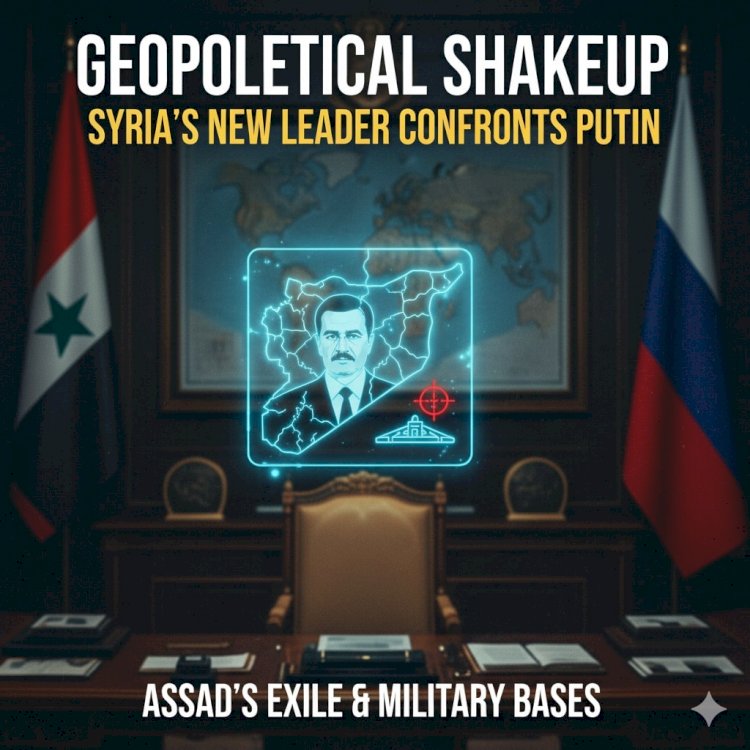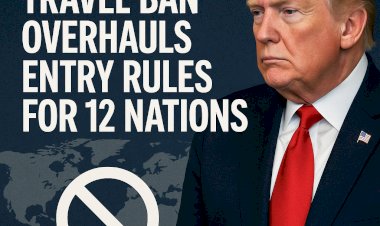Geopolitical Shakeup: Syria's New Leader Confronts Putin Over Assad's Exile and Military Bases

MOSCOW — A high-stakes diplomatic reset unfolded in Moscow yesterday as Syrian President Ahmed al-Sharaa held his inaugural meeting with Russian President Vladimir Putin. The summit marks a jarring new chapter, pitting the leader who ousted Russia's long-time ally, Bashar al-Assad, against the Kremlin as both sides seek to redefine their strategic interests.
The former rebel commander, al-Sharaa, used the visit to make a pragmatic pitch, emphasizing Syria's sovereign right to determine its own future. While vowing to respect "all previous agreements" with Moscow—a clear nod to securing Russia's crucial naval and air facilities at Tartus and Khmeimim—al-Sharaa also pressed for greater independence.
The most sensitive item on the agenda was reportedly the status of the former regime. Behind closed doors, it is understood that the Syrian President was expected to formally request that Moscow hand over Bashar al-Assad for trial. Russia granted Assad and his family asylum after his flight from Damascus, and its refusal to extradite him remains a major point of tension in the evolving relationship.
For Moscow, the meeting was an exercise in geopolitical pragmatism, an effort to maintain a foothold in the Eastern Mediterranean despite the dramatic shift in Syrian leadership. Putin warmly greeted the new Syrian head of state, highlighting the "exclusively friendly" nature of the relationship and assuring support for Syria’s sovereignty and territorial integrity.
Beyond the military and political balancing act, the talks heavily focused on reconstruction and economic support. Syria, still struggling with a crippling energy crisis, is seeking subsidized oil, technical expertise, and reconstruction aid from Russia. Moscow, through its Deputy Prime Minister, pledged support for projects in transport and energy, underscoring the shift toward a more transactional partnership.
Analysts view the summit as a necessary, if fragile, alliance driven by mutual self-interest: al-Sharaa needs Russia’s economic and diplomatic leverage, while the Kremlin requires the new government's guarantee for its last remaining strategic military assets outside the former Soviet bloc. The long-term stability of the partnership, however, will be tested by the conflicting agendas surrounding Assad and Syria's desire to shed its client-state past.

 content-team
content-team 


















